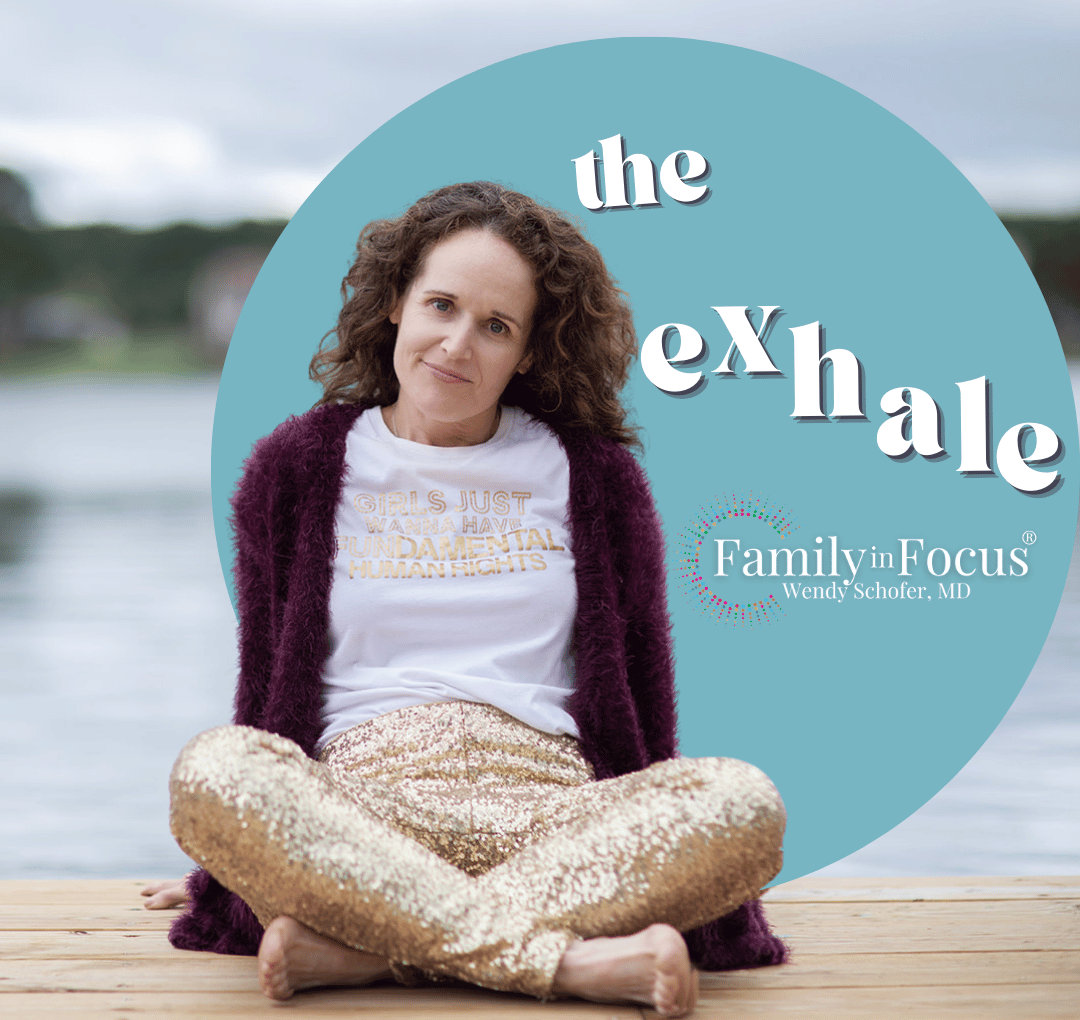
As a pediatrician, parent, and emotional health specialist, my daily work centers on one core idea: prevention. But here’s the catch—it’s not about waiting for something bad to happen in the future. It’s about what we do today that creates the foundations for a healthier tomorrow.
Prevention is about what we’re doing right now to foster healthier children, families, and communities. Whether we’re talking about preventing eating disorders, body dysmorphia, mental health struggles, metabolic disorders, or fostering emotional health in our kids—it all comes down to prevention through connection. And that starts with us.
Reframing Prevention: A Critical Shift
I recently came across an article that gave me pause. Published in 2018, it highlighted a staggering fact:
"In 2015, children aged 0 to 18 years accounted for an estimated 8% of total US health spending but represented approximately 24% of the population."
(You can find the full article here: JAMA Network Article)
While this article may be several years old, it raises a question I still don’t see answered well: Have we made any progress in addressing this imbalance?
Despite all the talk about the “epidemics” of childhood obesity, eating disorders, anxiety, and depression, we continue to overlook, underfund, and even avoid the critical step of early prevention. Instead, we throw money, effort, and resources into late-stage treatment. But let’s face it—the treatment model is unsustainable. It’s costing us not just financially, but also emotionally, mentally, and socially.
What we need is a radical shift in our focus:
-
Stop fighting the tide. Instead of reacting to the consequences of neglect, let’s go upstream. Prevention starts before the crisis hits.
-
Focus on the now. The more we focus on what we can do to support, heal, and grow today, the fewer crises we’ll face down the road. Prevention doesn’t have to be about fear or distant worries—it’s about what we do right now to lay the groundwork for healthier futures.
-
Real, human connection. It’s easy to get bogged down in statistics and abstract goals, but what children need most is connection. They need us to listen, engage, and be present with them. Relationships, conversations, and community are at the heart of true prevention.
-
The individual in the context of family and community. Children are not isolated beings. They grow and thrive through relationships—with their families, communities, and schools. True prevention happens when we look at the whole child, not just the individual issue.
Why This Matters: The Human Side of Prevention
For me, prevention isn’t just a theory or a public health agenda—it’s personal. As a parent, I know how easy it is to get overwhelmed by the weight of raising healthy, well-adjusted children in today’s world. And as a pediatrician, I see how often we treat the symptoms rather than the causes.
But true prevention happens long before a diagnosis is ever made. It starts with creating safe spaces for emotions, having open conversations about feelings, body image, and self-worth, and teaching kids how to navigate a world full of competing pressures. Prevention also means teaching parents how to foster healthy relationships with food, exercise, and their own bodies.
A Call to Action: Join the Prevention Revolution
I invite you to think about prevention in a new way. It’s not a far-off concept; it’s what we’re doing right now that truly matters. You don’t need to wait for a problem to occur before taking action.
Here’s how we can change the course of our families’ futures:
-
Go upstream. Focus on prevention that empowers—prevention that happens through real connection and everyday choices.
-
Shift your mindset. Start working today to support your child’s emotional and physical health, instead of waiting for a problem to arise.
-
Be present. Build relationships. Have the tough conversations. Create communities of support for parents and kids alike.
-
Join me. As a pediatrician, emotional health specialist, and advocate for families, I’m on a mission to help families heal, grow, and thrive without the burden of shame or unrealistic expectations. Let’s build emotional health, habits, and connection, not just for our kids but for ourselves as parents too.
This is the Family in Focus® approach. This is how we make pediatrics, parenting, hope, and possibility the foundation of real, sustainable change.
Thank You, Dr. Pankaj Jain
A special thank you to Dr. Pankaj Jain for sparking this important conversation. Progress starts with asking the right questions—and we need more of those in healthcare. Let’s challenge the status quo and start focusing on prevention before we’re forced to pick up the pieces. Together, we can make a change.
Check out the Family in Focus with Wendy Schofer, MD Podcast!
Stay connected with news and updates!
Join our mailing list to receive the latest news and updates from our team.
Don't worry, your information will not be shared.
We hate SPAM. We will never sell your information, for any reason.


